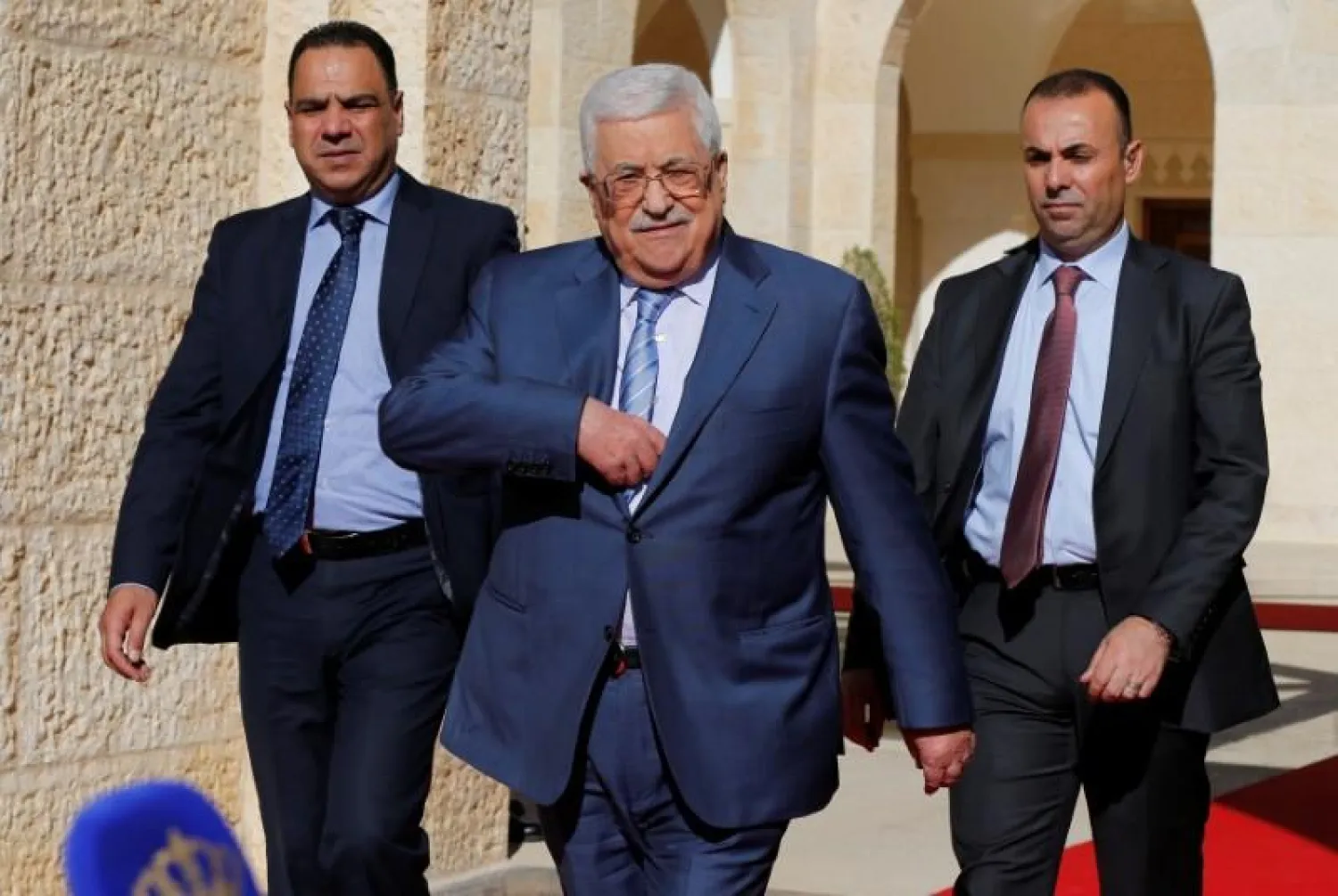Representatives of Palestinian factions and forces participating in the expanded reconciliation meeting in Cairo achieved on Wednesday a relative breakthrough, by agreeing to hold legislative and presidential elections before the end of 2018.
Participants also decided to launch a new round of negotiations in early February.
After two days of meetings at the Egyptian General Intelligence headquarters, representatives of 13 factions and groups issued a joint statement, which included six main items, mainly the recognition of the PLO as the sole legitimate representative of the Palestinians and the government exercising its full functions in the Gaza Strip.
Sources close to the matter told Asharq al-Awsat that the issue of empowering the government was a major dispute between Fatah and Hamas representatives. While the former wanted to ensure greater authorities for the government at the level of ministries and security services, Hamas said it had offered everything it had in this regard.
The Egyptian Intelligence sponsoring the agreement intervened by proposing to form a committee of Egyptian officials to oversee the process of implementing the government empowerment in detail, once the reconciliation meeting ended.
As for the elections, participants agreed to call on the Central Electoral Commission and the concerned parties to complete all preparatory works in order to conduct the presidential and legislative elections and the elections of the National Council concurrently by the end of 2018. It was also agreed to ask President Mahmoud Abbas to set the date of the elections after consulting all national forces.
On a different note, the participants condemned a US decision not to renew the work of the PLO office in Washington.
They described the decision as pressure exerted by the US Administration on the Palestinian leadership to impose “a regional solution” to the Israeli-Palestinian conflict.









